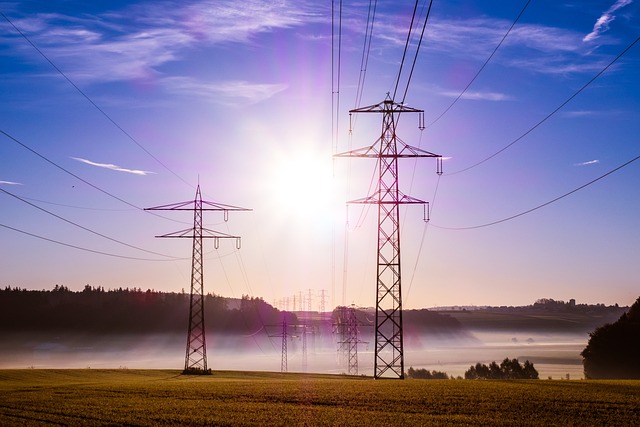


How Utility Firms Can Power Up With Effective Crisis Communications – Part One
Introduction by Thom Fladung, Hennes Communications
As suppliers of essential services, utility firms are frequently on the front lines of controversies that can spark public outrage. And for public utility firms, the stakes are raised even higher.
Effective communications are vital for utilities – to share important information on an ongoing basis, to keep the public informed about road closures related to repair and construction and, especially, during the tough times, such as outages, when customers are demanding updates and reliable information. Ongoing, consistent communications during the good times also can help build goodwill among customers – a critical factor should the bad times hit.
John Egan, president of Egan Energy Communications, recently conducted an extensive interview with Hennes Communications Managing Partner Thom Fladung about utility communications for his publication EEC Perspectives.
Question: Tom, let’s start with a brief, no-names summary of some of your firm’s utility crisis communications engagements.
Answer: We worked with a municipal electric plant that needed to respond after a coal burning plant that they used was featured unfavorably in a USA Today story that raised valid environmental concerns, but omitted important facts and context. So we worked with them to develop tools and tactics they could use to respond to that reporter as well as in a communications piece they provided to their customers. I believe that piece ran in the local newspaper.
In another instance, we provided communications advice to a nonprofit energy aggregator on a variety of issues, including a proposed law that posed an existential threat to the organization. We have worked with several utilities and a national utility association on messaging and media training around cybersecurity attacks. Finally, we worked with a fast-growing, multi-service utility where growth is driving very large price increases. Our work in that engagement centered on developing a communications strategy that emphasizes conservation measures that they were helping their customers achieve.
Question: OK, so you’re not in your first rodeo with this audience. What would you say is the essence of crisis communications, whatever your industry?
Answer: Organizations need to communicate to the people who matter the most to them. In the case of a utility, that’s your customers, your community leaders, your employees, your business partners, the financial community, and your vendors. Figure out how you can get straight to them, and communicate with them during and after the crisis. In some cases, like high price increases or severe weather, it is essential that utilities get their messages out first. Otherwise, you’re playing catch-up, and almost no one wins when they play catch-up, especially when you allow others, sometimes your opponents, to define the crisis and characterize your response.
For the rest of this interview, please click here.